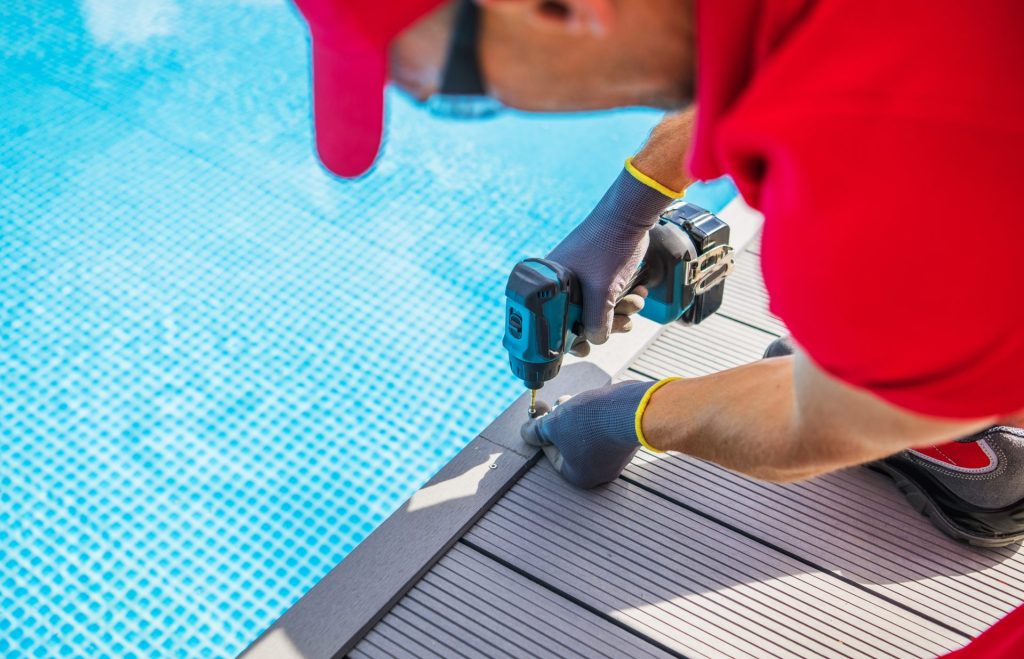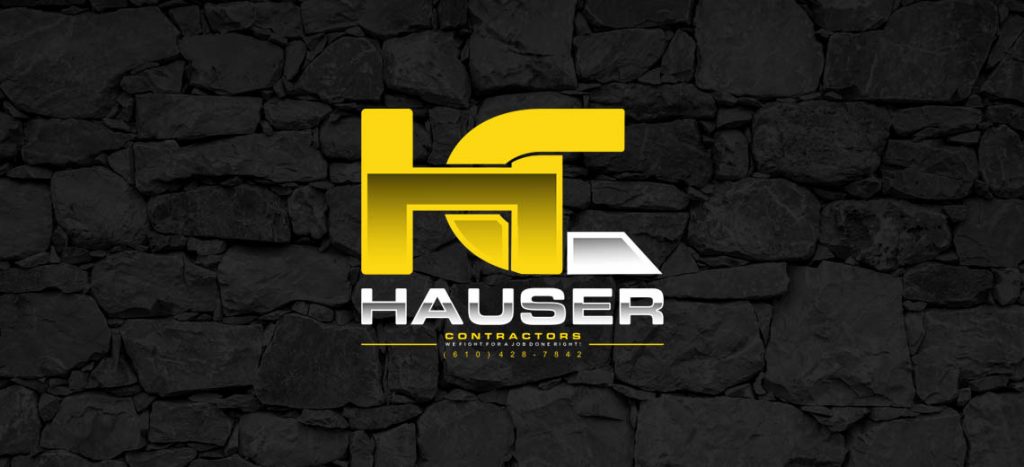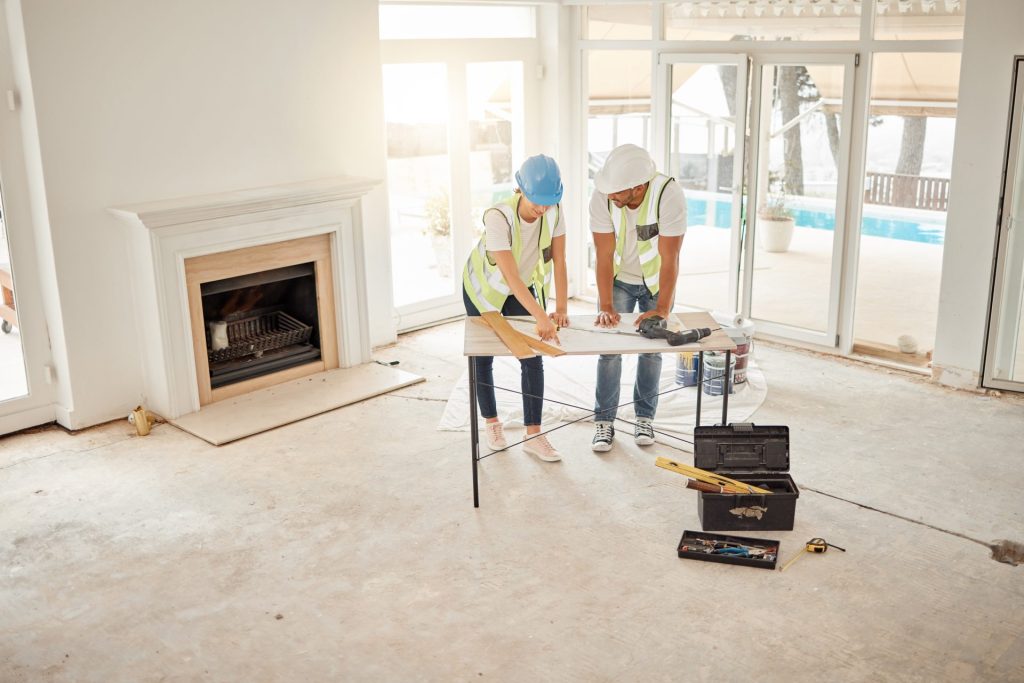What Safety Precautions Should be Followed for Drywall Installation?
Safety and quality go hand in hand. Following safety guidelines during the installation process ensures that workers are prioritized and able to focus on the job rather than any worksite dangers that may be present.
The following guidelines will help protect yourself and workers assisting in your drywall project.
Wear Appropriate Personal Protective Equipment
Wearing the appropriate PPE for a project is a fantastic start to ensuring a safe work experience. Abrasive dust, caustic chemicals, scrapes, and cuts are an unfortunate part of drywalling. The best protection to avoid these dangers is adequate PPE. Ideal PPE for a drywall installation project includes the following:
- Long-sleeved shirt
- Long pants
- Closed-toe, sturdy shoes
- Safety gloves
- Safety glasses or goggles
- NIOSH or MSHA-certified mask
- Safety vest
- Hard hat
- Knee pads
Maintain a Clean Worksite
Drywall installation will produce a heavy amount of dust and debris. While proper PPE helps to protect your lungs and eyes from the dust, the rest of your equipment will not be as fortunate. A dusty environment can lead to more injuries, costing you time and money. Sweeping the floor of your work area and wiping down tools at the end of a workday will help alleviate these risks.
Do Not Work Alone
Installing drywall is physically taxing and may lead to repetitive stress injury. To mitigate this, working with a partner will allow for an extra set of hands to lift heavy drywall and offer an additional set of eyes to help maintain a safe environment.
What Practices Indicate a High-Quality Drywall Installation?
To ensure that you have delivered a high-quality product, the following practices should be implemented:
- Professional installation: An experienced and skilled contractor is essential for quality results. A contractor at Hauser Contractors will be able to properly prepare, measure, cut, and fasten drywall sheets and deliver the results you want.
- Correct framing: Drywall framing must be straight, level, and appropriately spaced, providing a solid foundation for attachment and an even finish.
- Accurate cutting: Sheets must be cut precisely to fit the specifications needed for walls and ceilings. Proficient cuts will reduce excessive joint compound and seam taping, resulting in a cleaner result.
- Proper fastening: All sheets must be securely fastened using screws or nails. Over or underdriving fasteners can lead to weak spots in the drywall.
- Seam taping and joint compound: Applying seam tape and joint compound is pivotal in providing a smooth result. These materials and techniques cover seams and imperfections to achieve a seamless outcome.
- Sealing and priming: Seams, corners, and edges must be properly sealed to avoid moisture accumulation and ensure a smooth finish. Priming the drywall prior to painting will help improve adhesion and finish quality.
- Quality control: Periodic inspections to evaluate the quality of the work being done will help to address any issues or imperfections early in the process. A final inspection will ensure that the drywall is ready for finish and painting.
Why is High-Quality Drywall Installation Important?
The quality of drywall installation is crucial to a building’s aesthetics, structural integrity, functionality, and safety.
Quality drywall will offer the following benefits:
- Structural integrity: Drywall serves as a sheath for a house’s structural framework. Properly installed drywall helps ensure that the walls and ceilings can support the various stresses and loads on the framework.
- Smooth finish: Quality drywalling presents a smooth, continuous surface.
- Soundproofing: Drywall is a significant acoustic barrier when installed properly.
- Insulation: Drywall may serve as a base layer for other insulation materials that are crucial for temperature regulation and energy efficiency.
- Fire resistance: Correctly installed drywall, used with other fire-resistant materials and coatings, can help a home withstand fire.
- Moisture resistance: Areas of a home that are prone to higher humidity, such as bathrooms and kitchens, will benefit from quality drywall installation, which helps prevent moisture buildup.
- Durability: Drywall durability is only as high as the quality of its installation, making it more resistant to damage or wear over time.
The consequences of poor-quality drywall installation are as follows:
- Aesthetic issues: Low-quality drywall installation will result in a finished product with bumps, dents, seams, or bulges instead of the desired smooth surface.
- Structural instability: Poor drywall installation may compromise a home’s integrity, causing cracks, damage to the finish, or safety hazards.
- Sound issues: Gaps, improper sealing, or inadequate joint finishing can create unwanted noise filtration.
- Energy inefficiency: Cracks, gaps, and poor sealing are avenues for air leakage.
- Fire hazards: Subpar installation may compromise the ability of drywall to act as an adequate fire barrier in case of emergency.
- Moisture issues: Poor sealing and gaps lead to water and moisture buildup, which can cause mold growth and other health concerns.
- High maintenance costs: The consequences of poor installation are expensive to fix, such as mold or structural issues.
How do I Assess the Quality of a Drywall Installation?
There are several factors to consider when evaluating a drywall project. The following list offers a quick glimpse of key issues to pay attention to:
- Surface smoothness
- Seamless joint taping and mudding
- Invisible screw or nail heads
- Square corners and edges
- Consistent texture and finish
- Free of gaps or cracks
- Adequate paint or wallpaper adherence
- Knock to hear a solid, even sound instead of a hollow vibration or uneven sound
- Uniform and flawless finish
- Inspection with various lighting
Do I Need a Contractor?
As discussed, quality drywall installation is a pivotal component of a home’s structure and appearance. For a project that you hope will last the life of your home, you deserve experience you can count on. Call Hauser Contractors today at 610-510-6020 or fill out a contact form for a free estimate.


 CALL US NOW
CALL US NOW EMAIL US NOW
EMAIL US NOW










